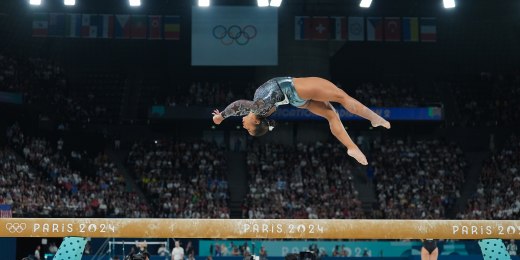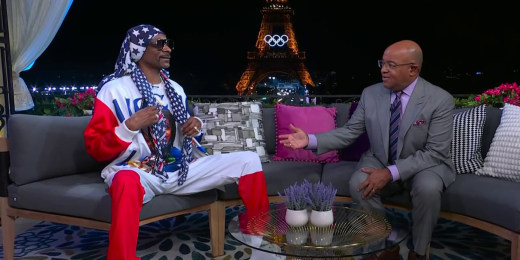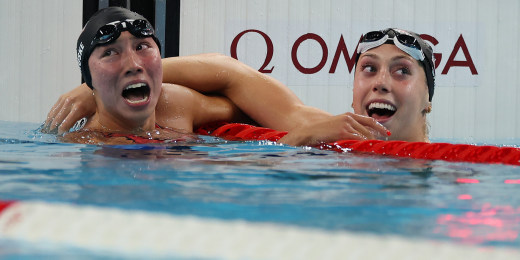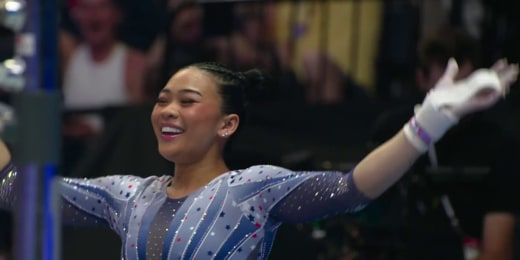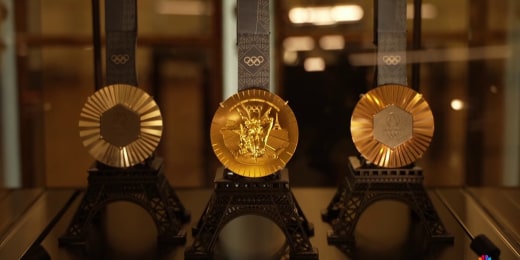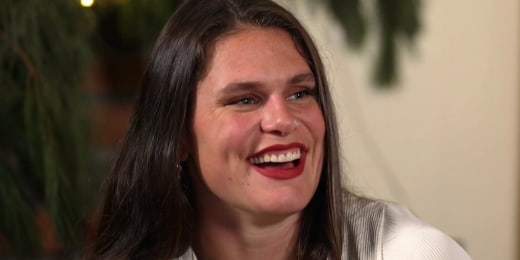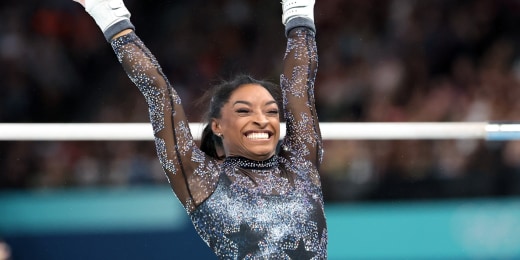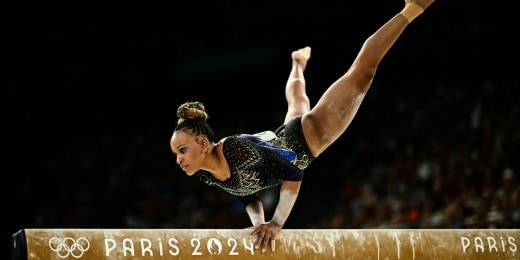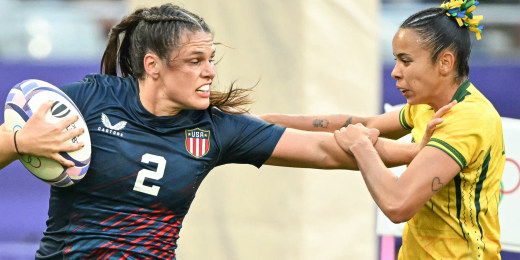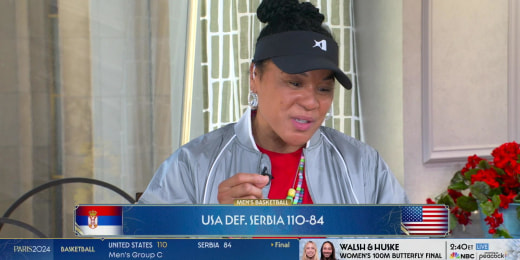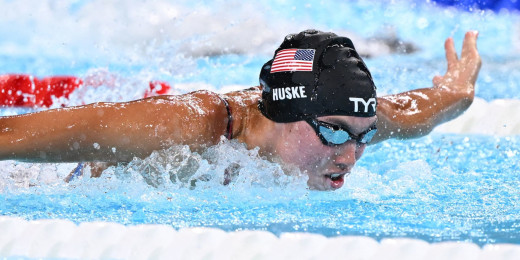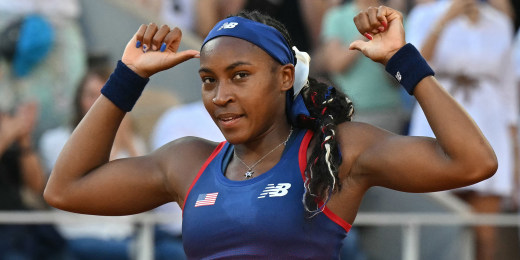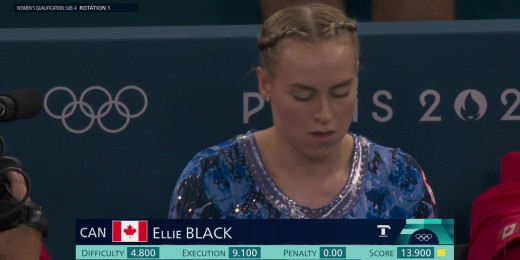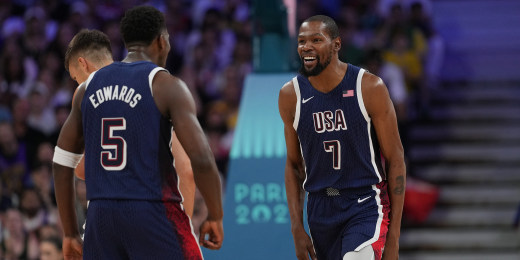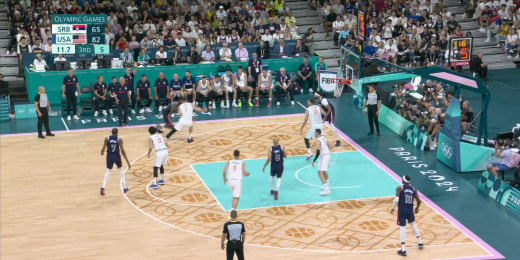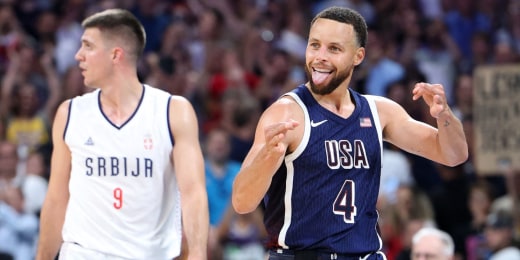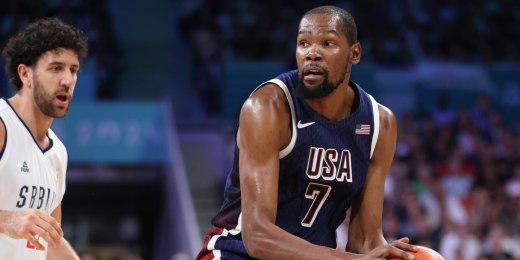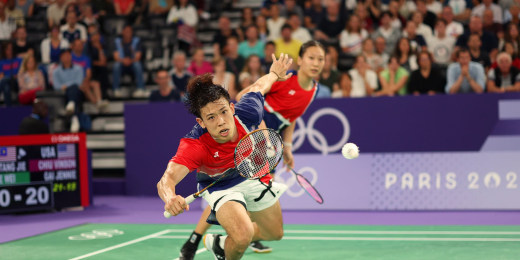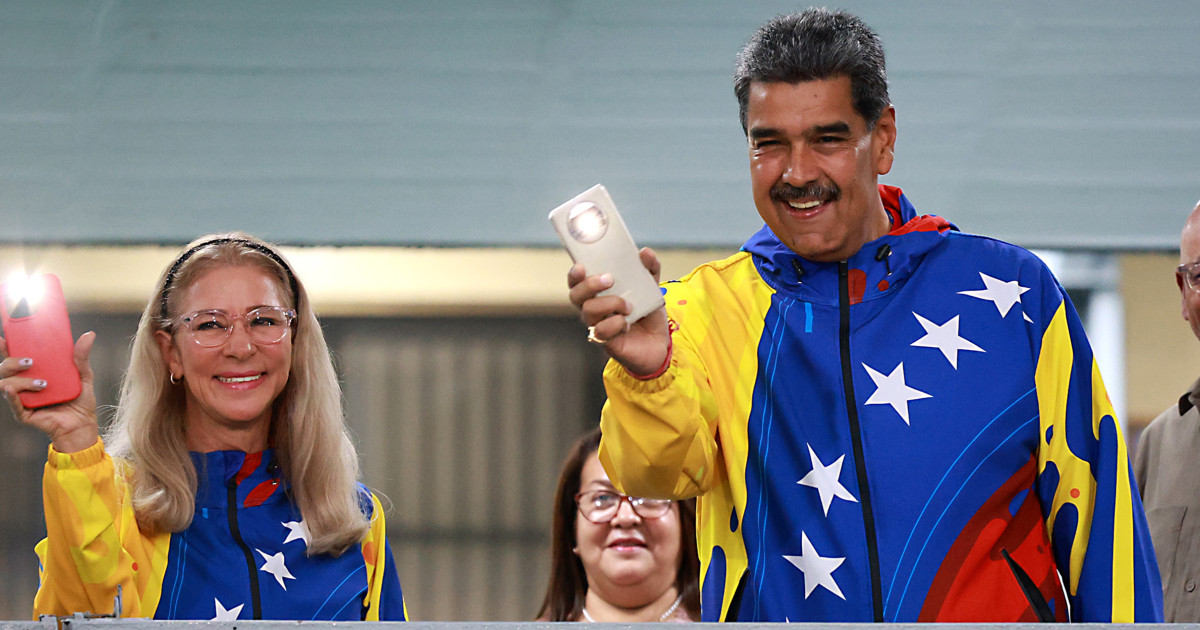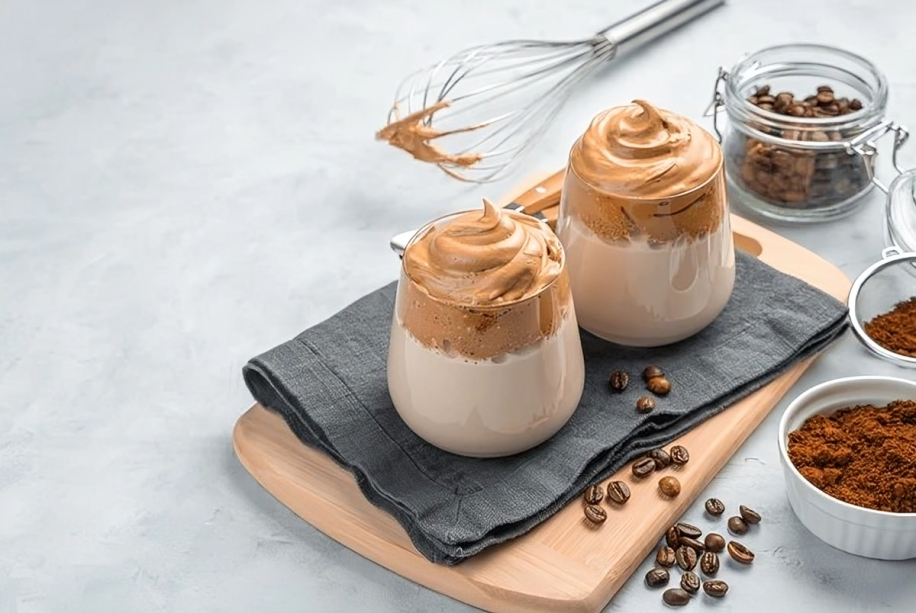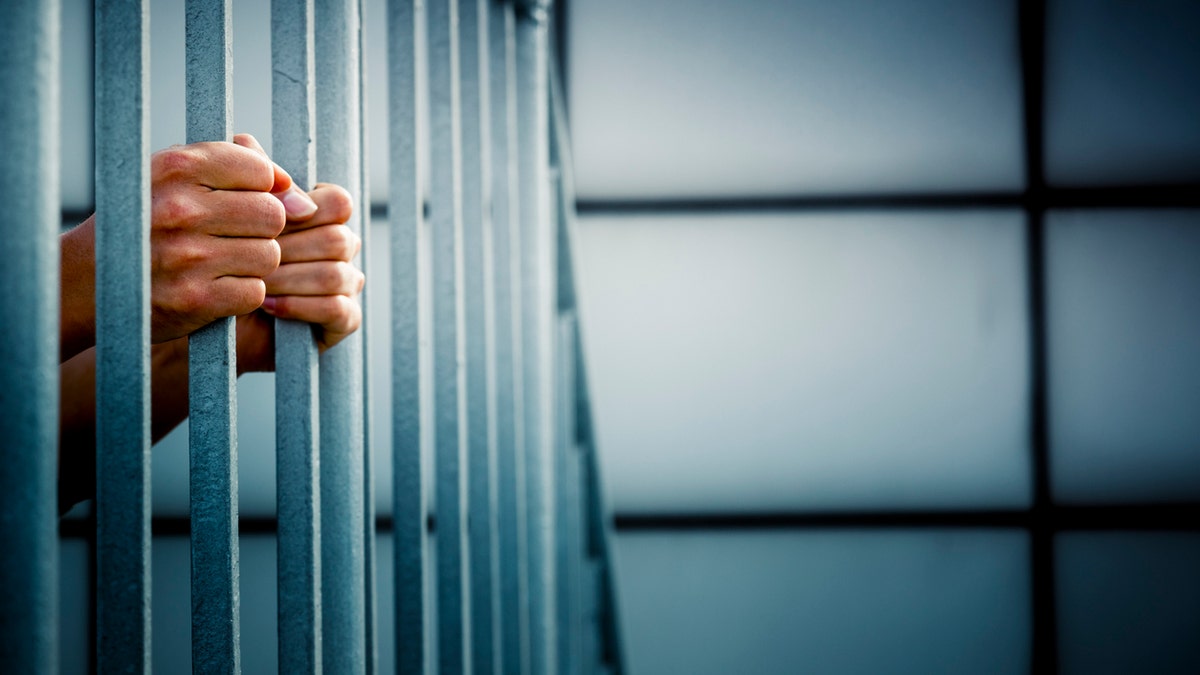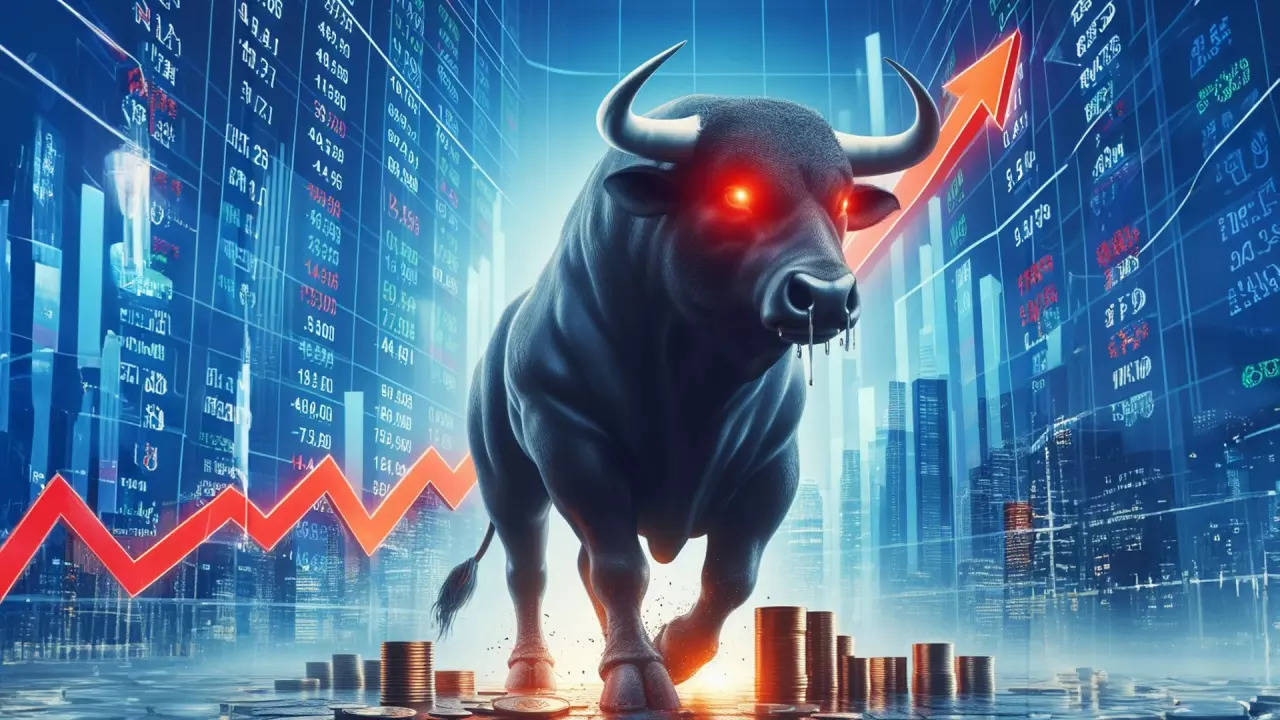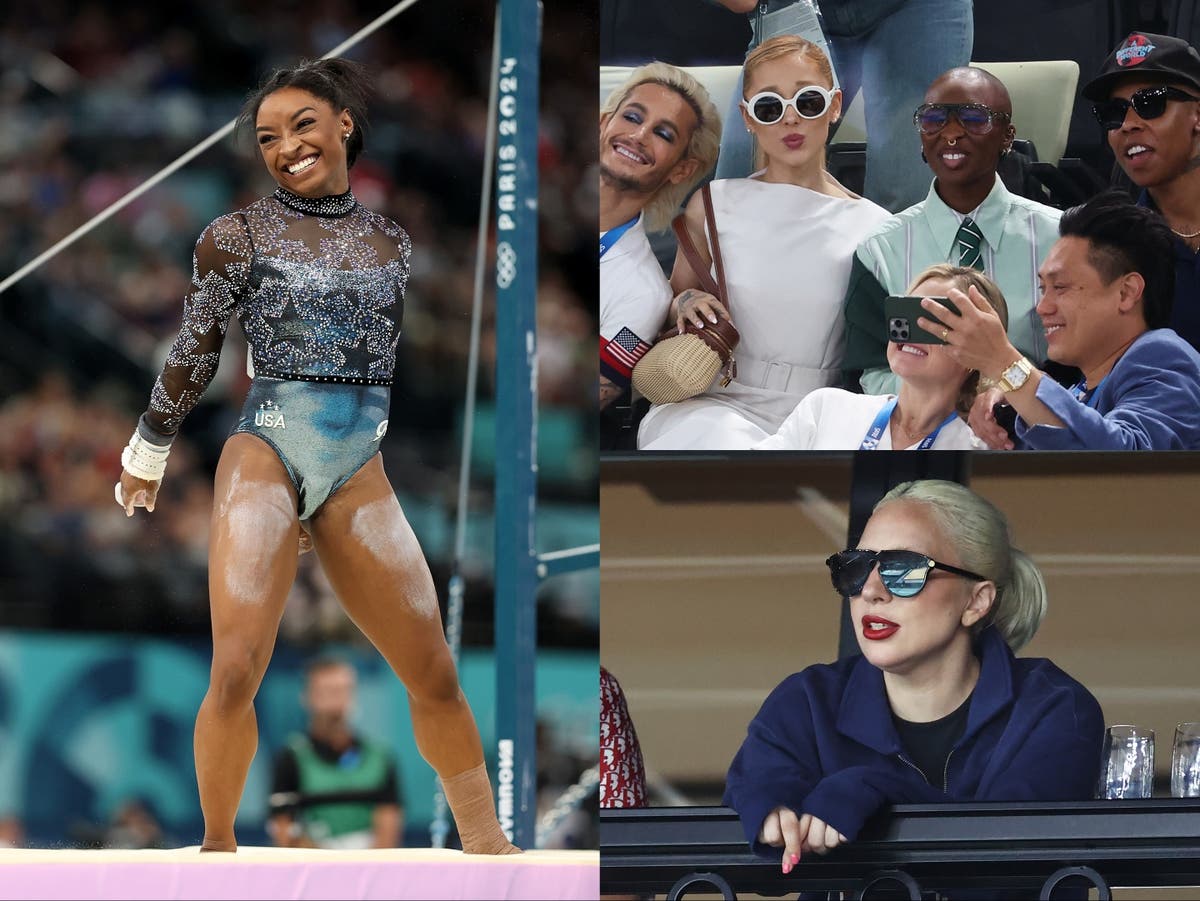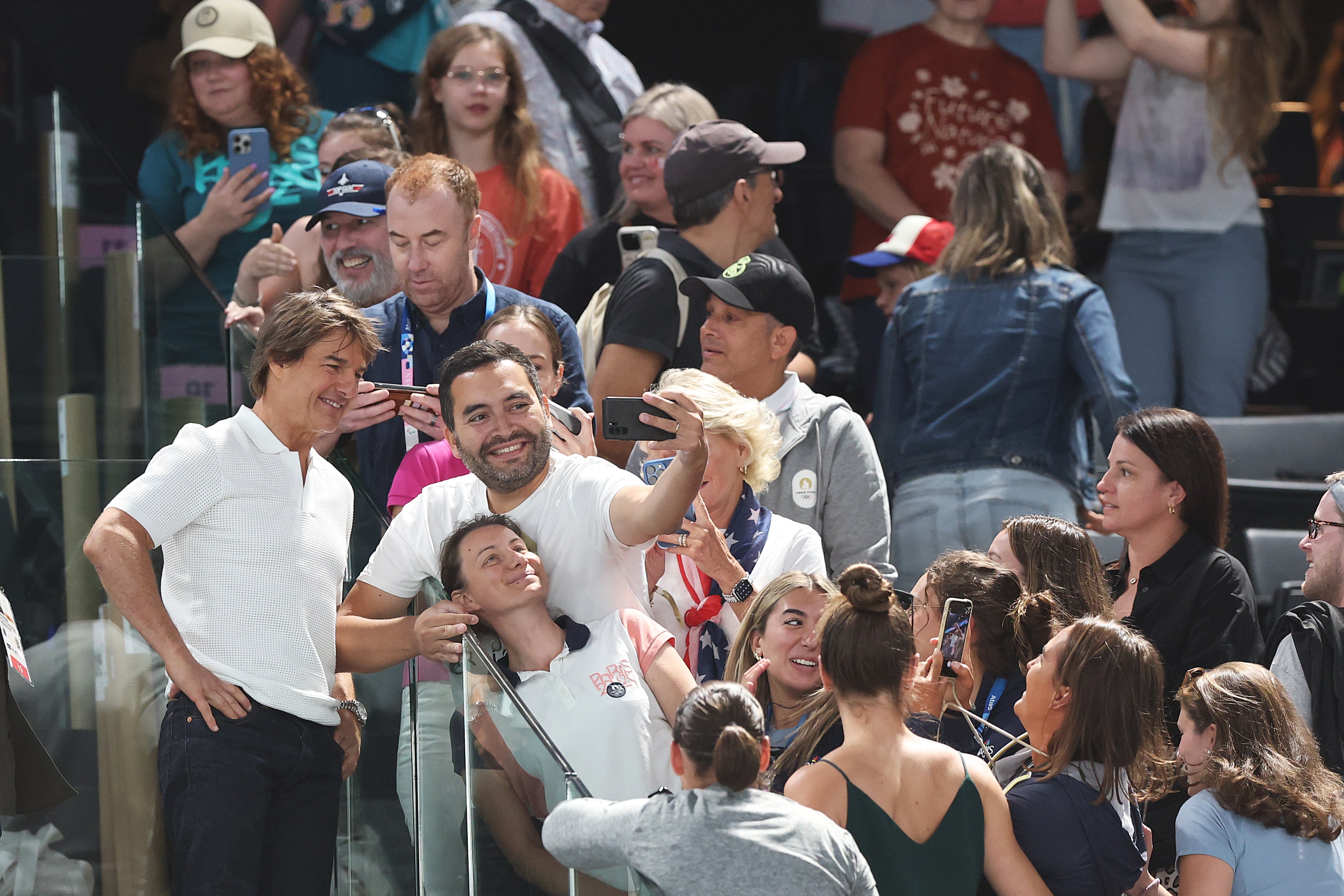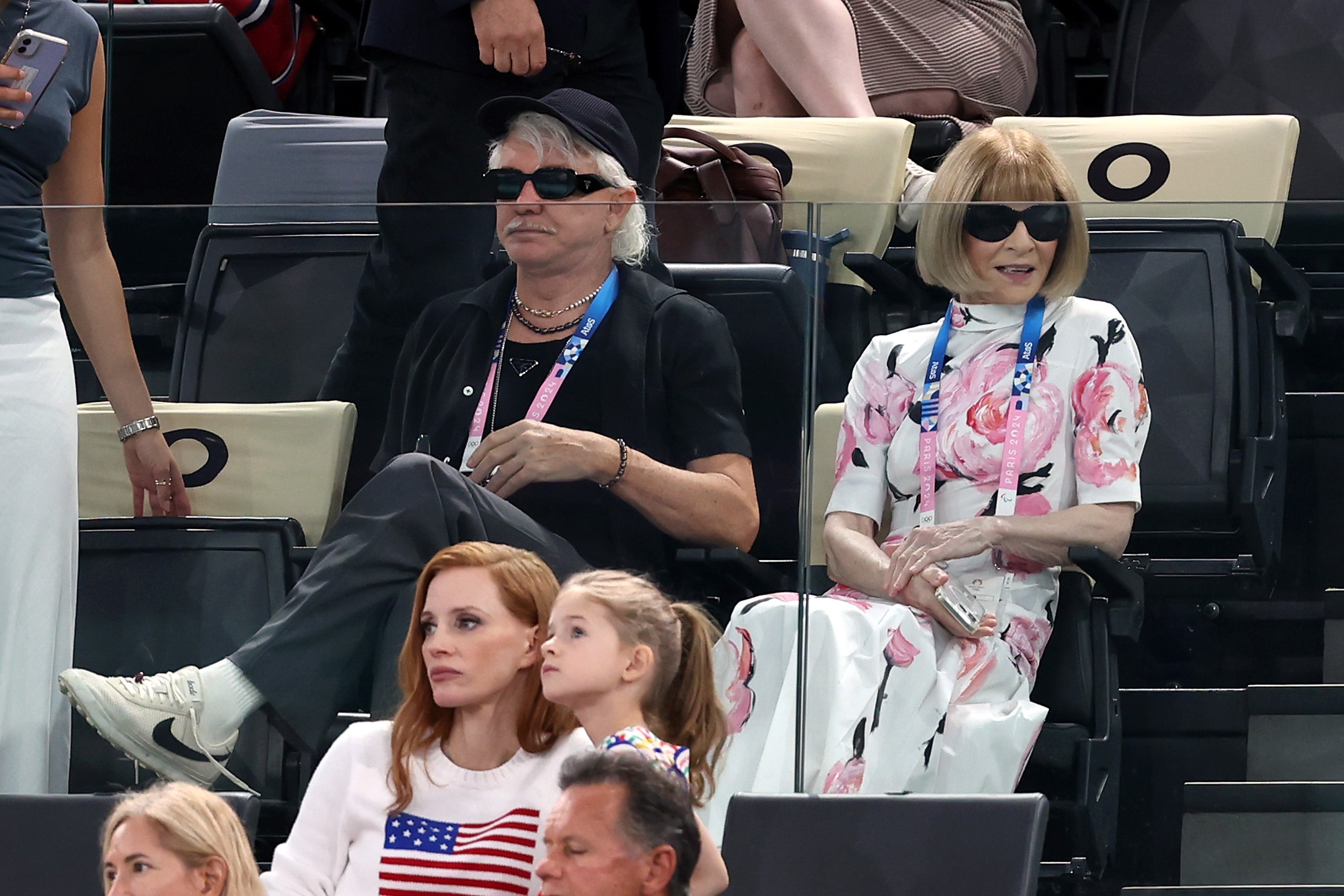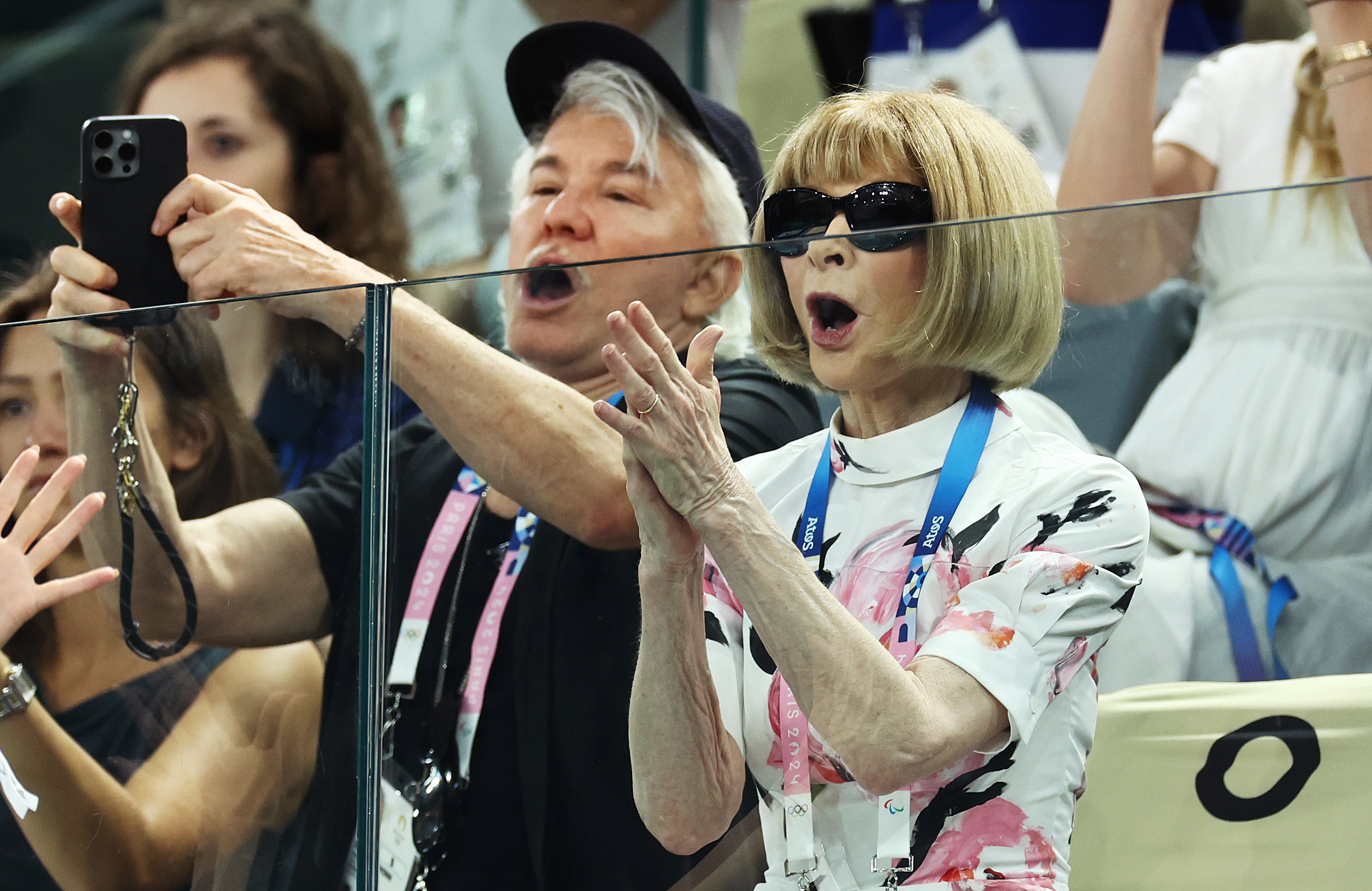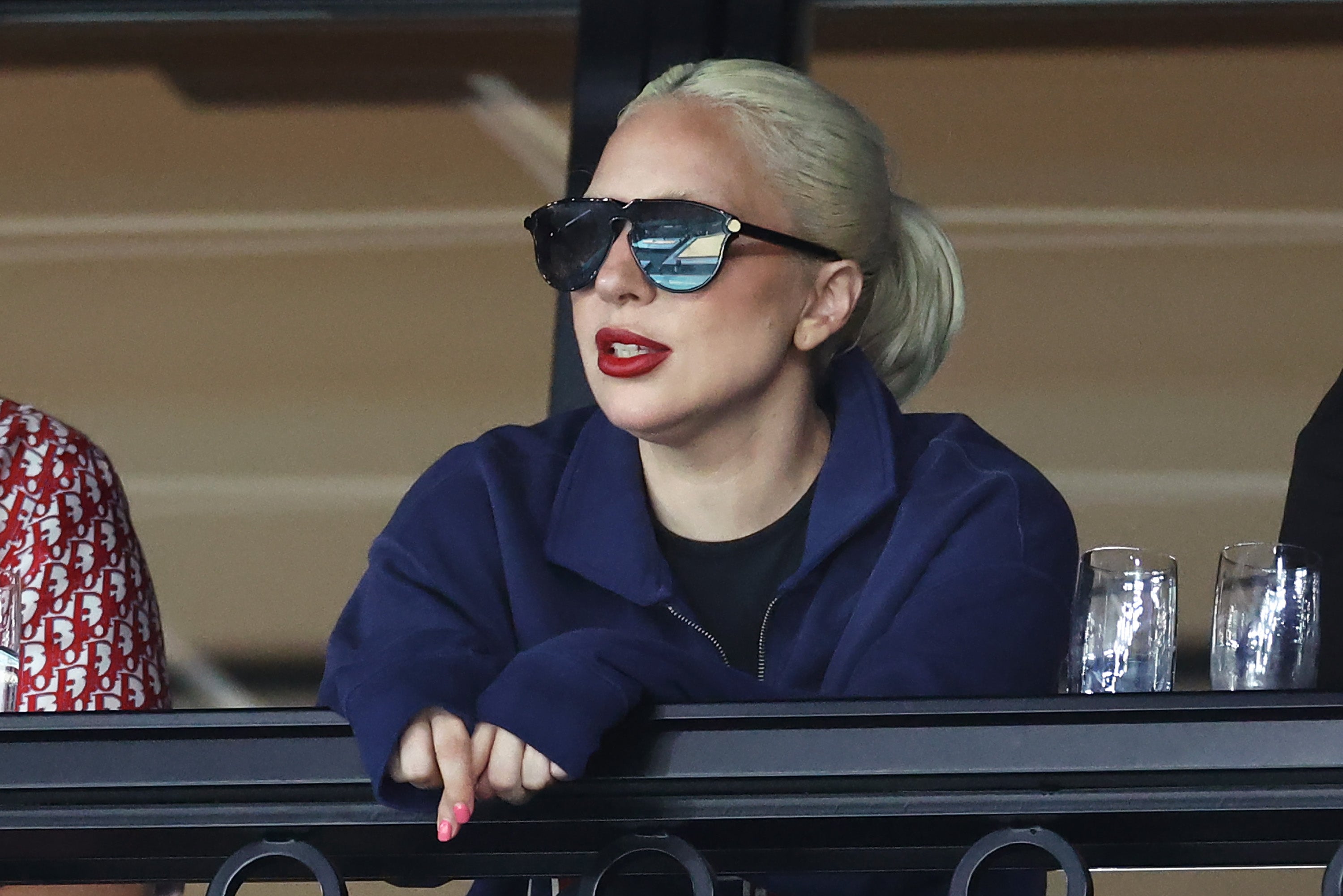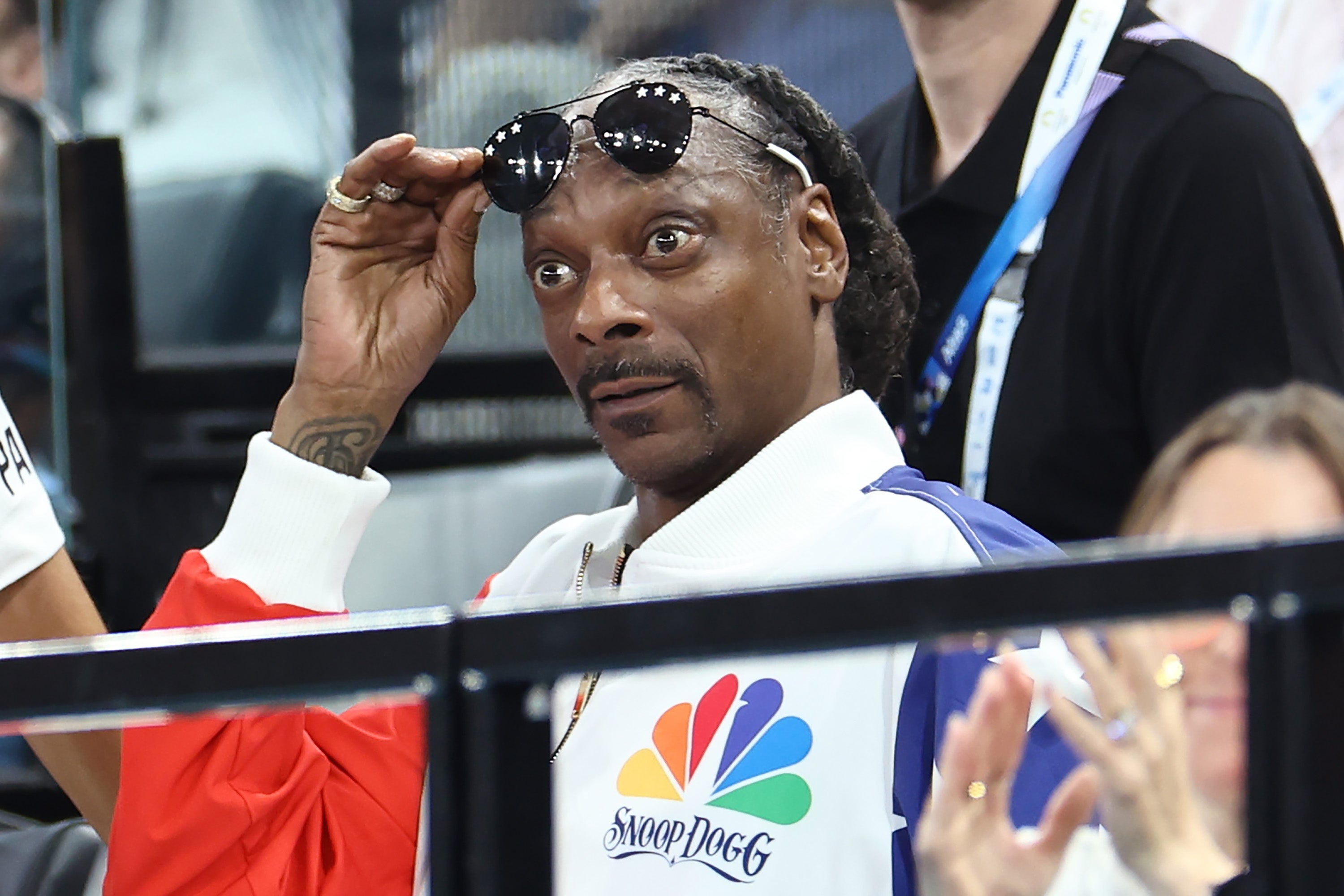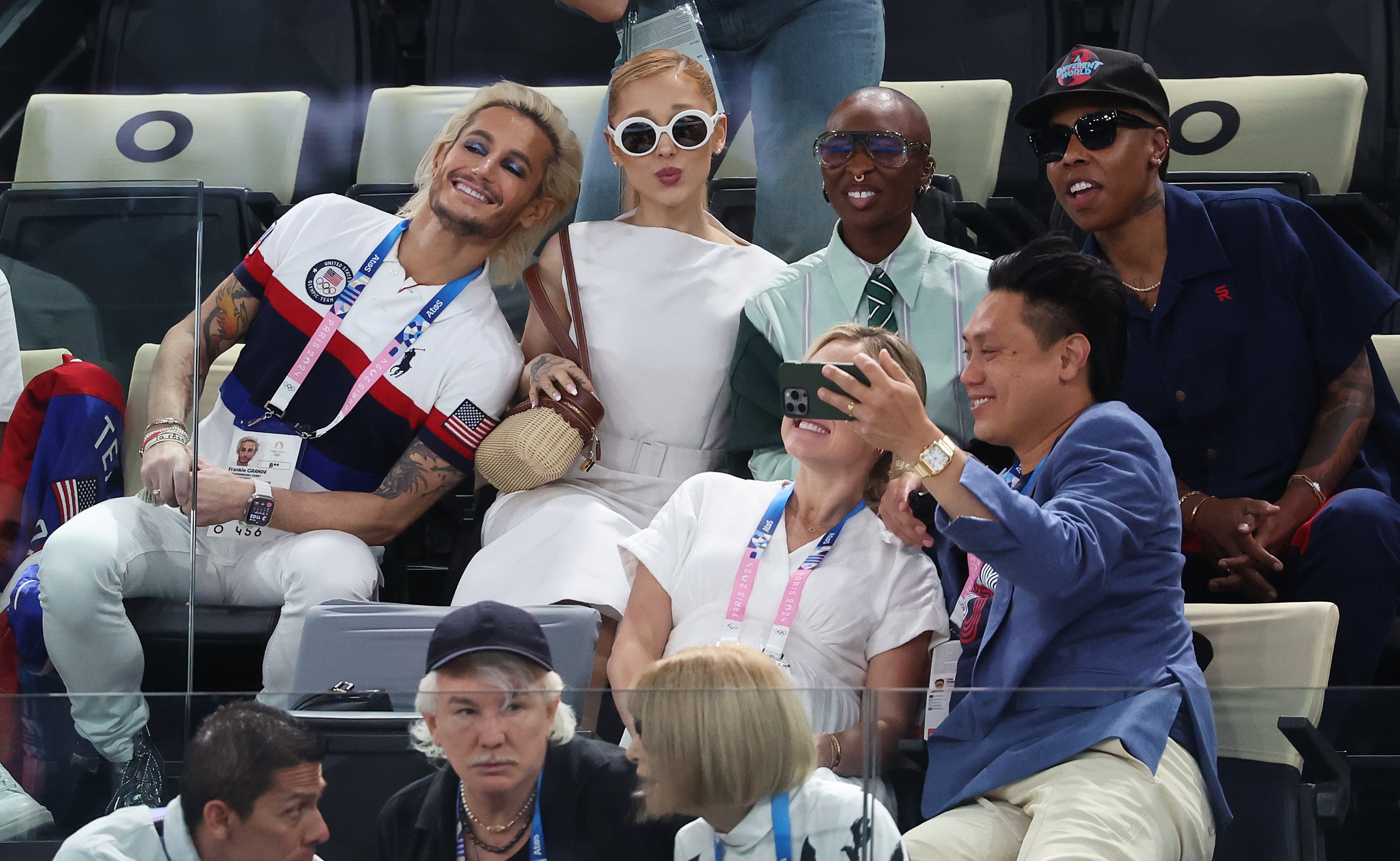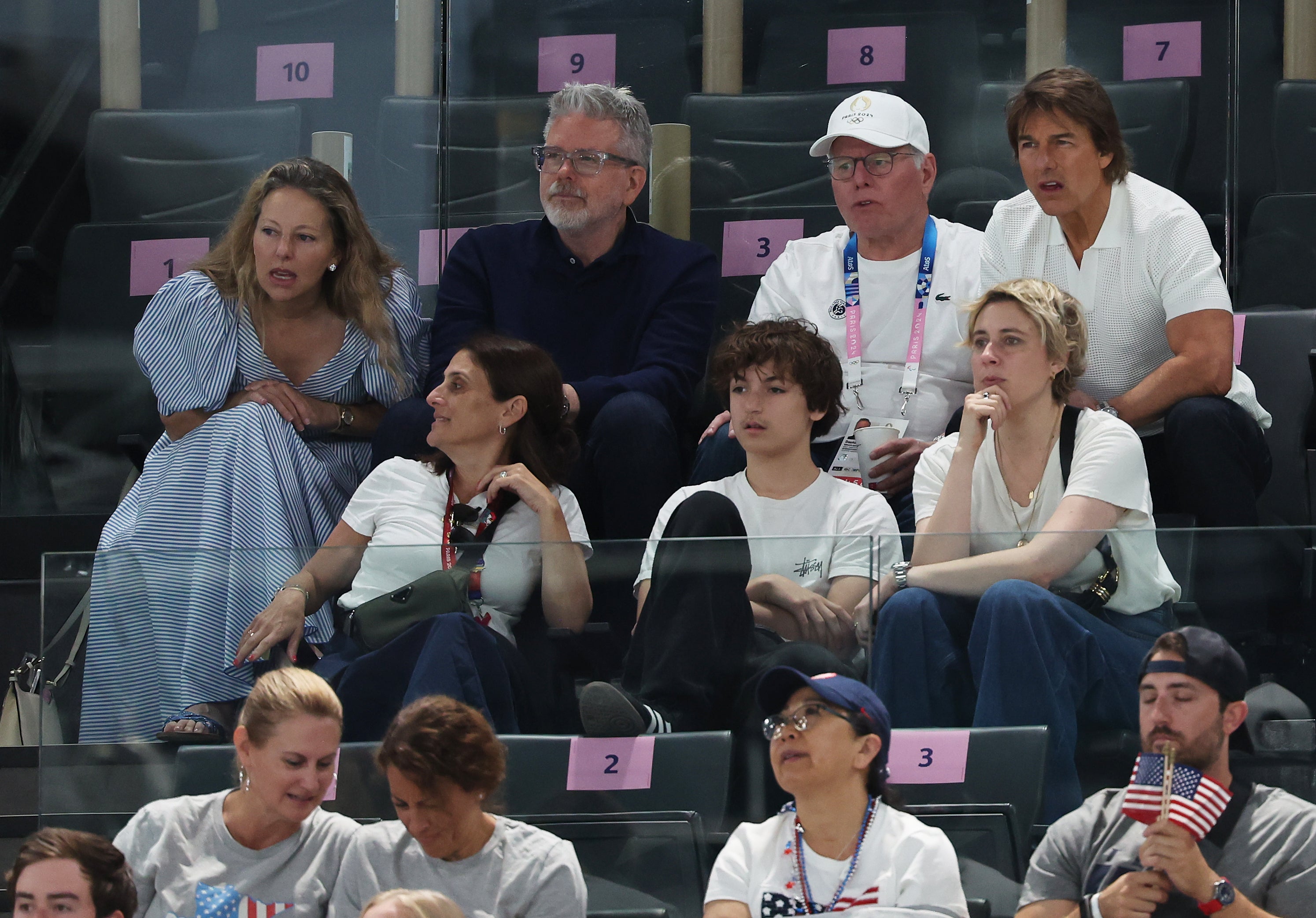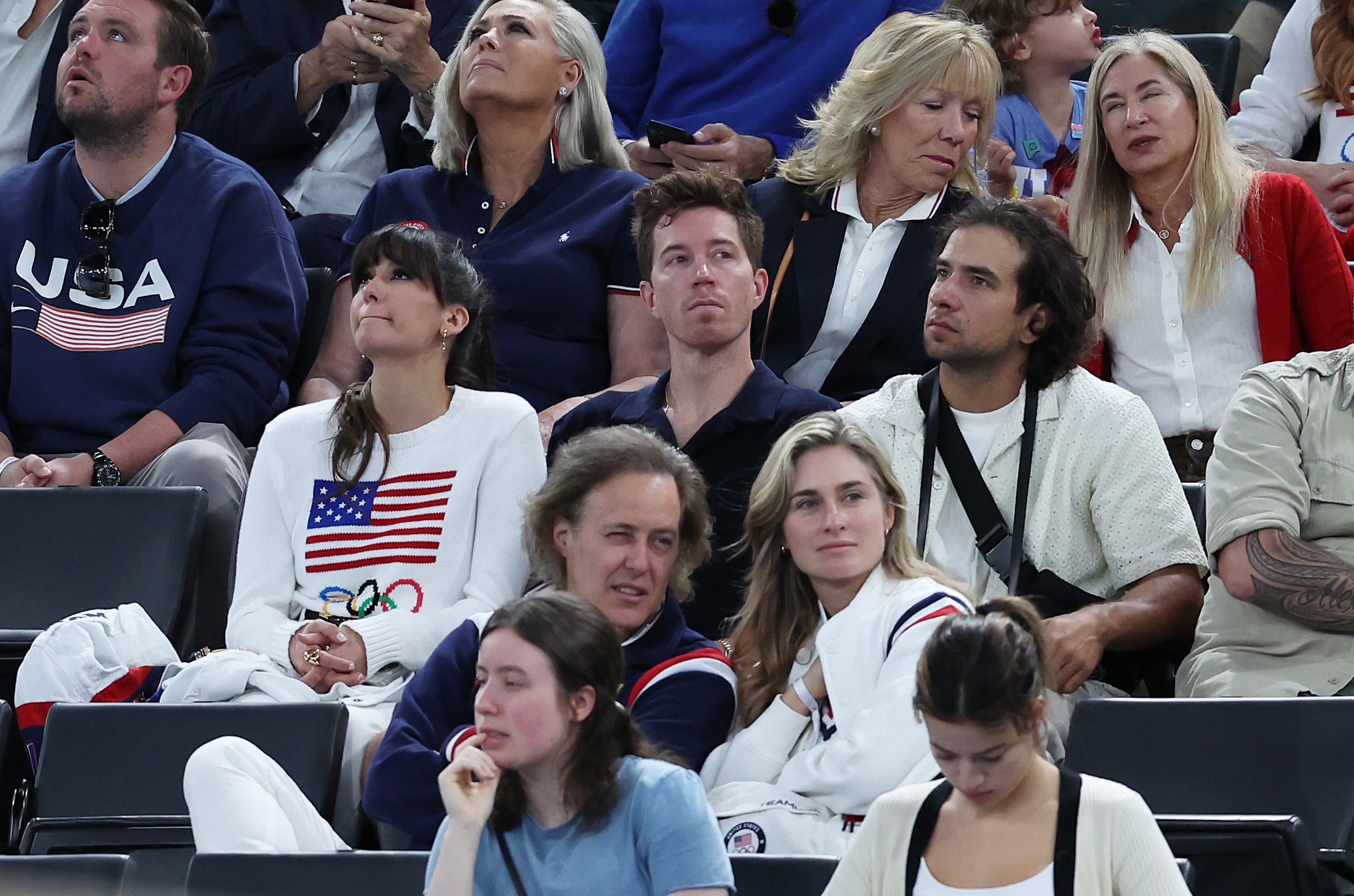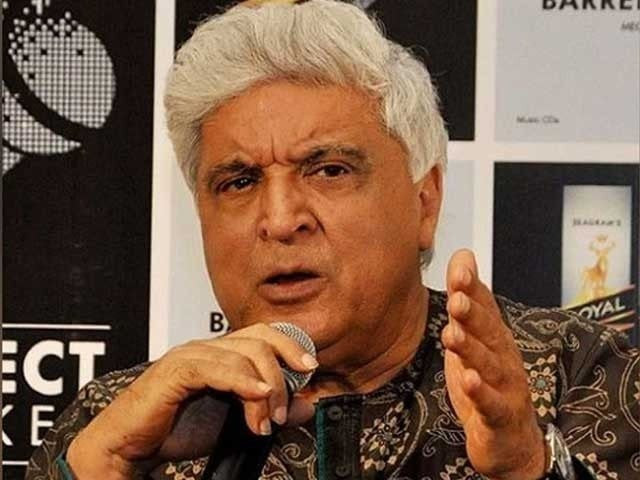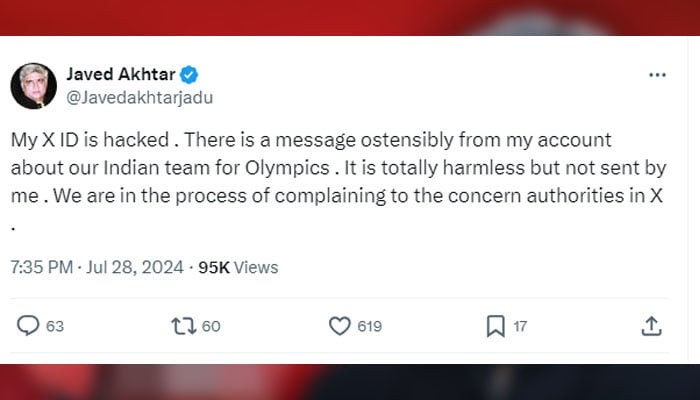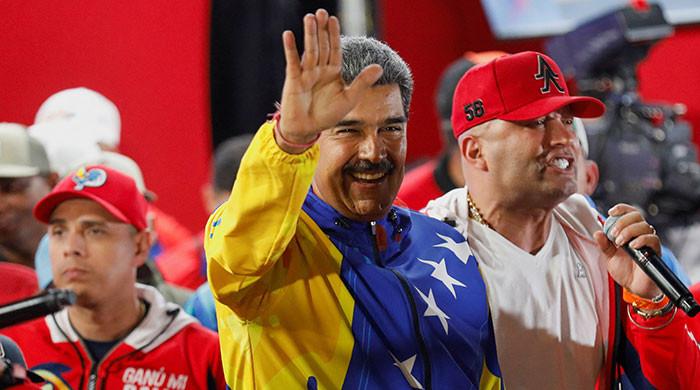 Science & Environment
Science & Environment
Venezuelan President Nicolas Maduro wins 3rd term
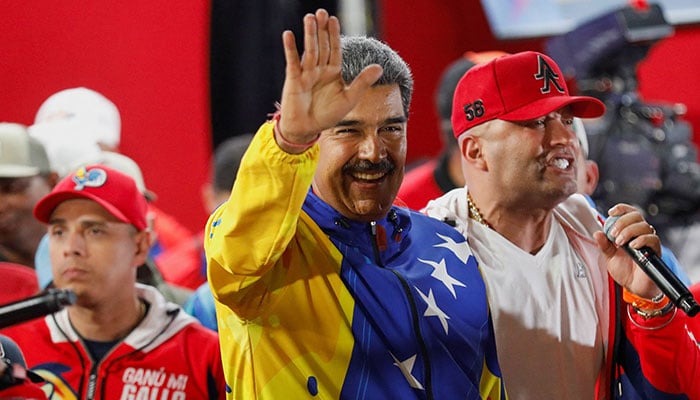
Venezuelan President Nicolas Maduro has been re-elected for the third term, the country’s election authority said Sunday with the US expressing “serious concerns” on the electoral process
The authority said Maduro bagged 51.2% of the vote while opposition candidate Edmundo Gonzalez received 44%.
Maduro, appearing at the presidential palace before cheering supporters, said his re-election is a triumph of peace and stability and reiterated his campaign trail assertion that Venezuela’s electoral system is transparent.
A poll from Edison Research, known for its polling of US elections, had predicted in an exit poll that Gonzalez would win 65% of the vote, while Maduro would win 31%.
Local firm Meganalisis predicted a 65% vote for Gonzalez and just under 14% for Maduro.
About 80% of ballot boxes have been counted, said national electoral council (CNE) president Elvis Amoroso in a televised statement, adding results had been delayed because of an “aggression” against the electoral data transmission system.
The CNE has asked the attorney general to investigate the “terrorist actions” Amoroso said, adding participation was 59%.
The opposition had earlier said voters had chosen a change after 25 years of socialist party rule.
“The results cannot be hidden. The country has peacefully chosen a change,” Gonzalez said in a post on X at around 11 p.m. local time, before the results were announced.
Opposition leader Maria Corina Machado reiterated a call for the country’s military to uphold the results of the vote.
“A message for the military. The people of Venezuela have spoken: they don’t want Maduro,” she said earlier on X. “It is time to put yourselves on the right side of history. You have a chance and it’s now.”
Venezuela’s military has always supported Maduro, a 61-year-old former bus driver and foreign minister, and there have been no public signs that leaders of the armed forces are breaking from the government.
‘Serious concerns’
Meanwhile, US Secretary of State Antony Blinken on Monday expressed “serious concerns” on the outcome saying the Venezuelan election result declaring Maduro the winner is not accurate.
“We have serious concerns that the result announced does not reflect the will or the votes of the Venezuelan people,” Blinken said in Japan.



